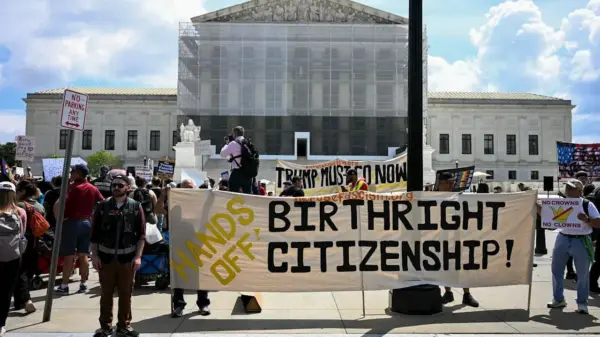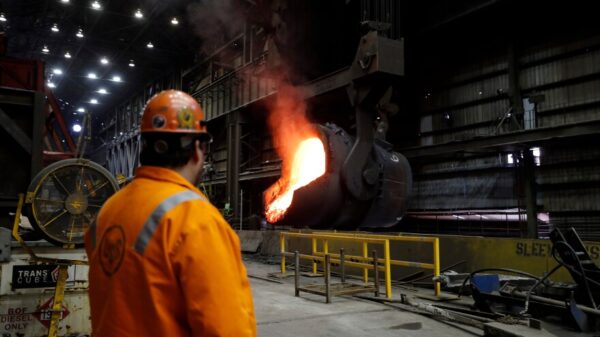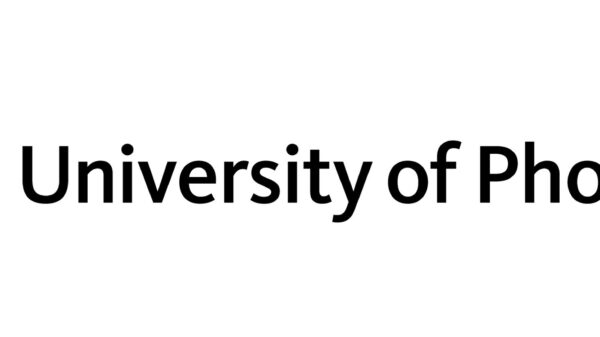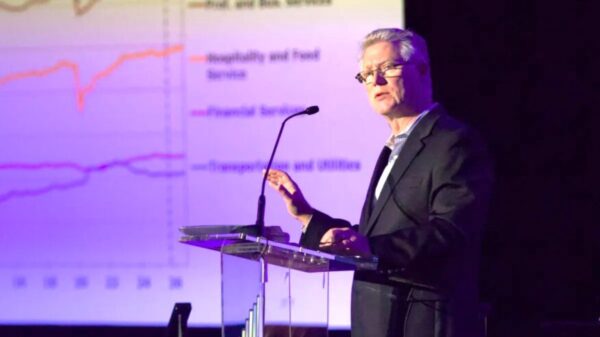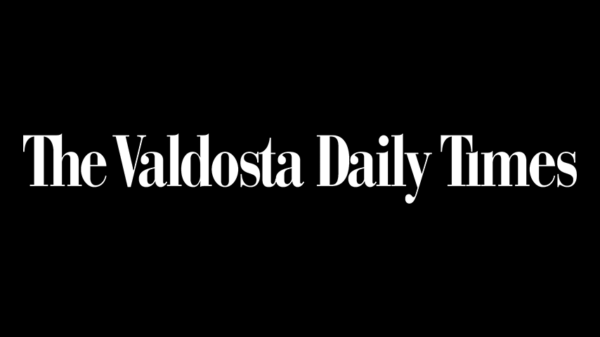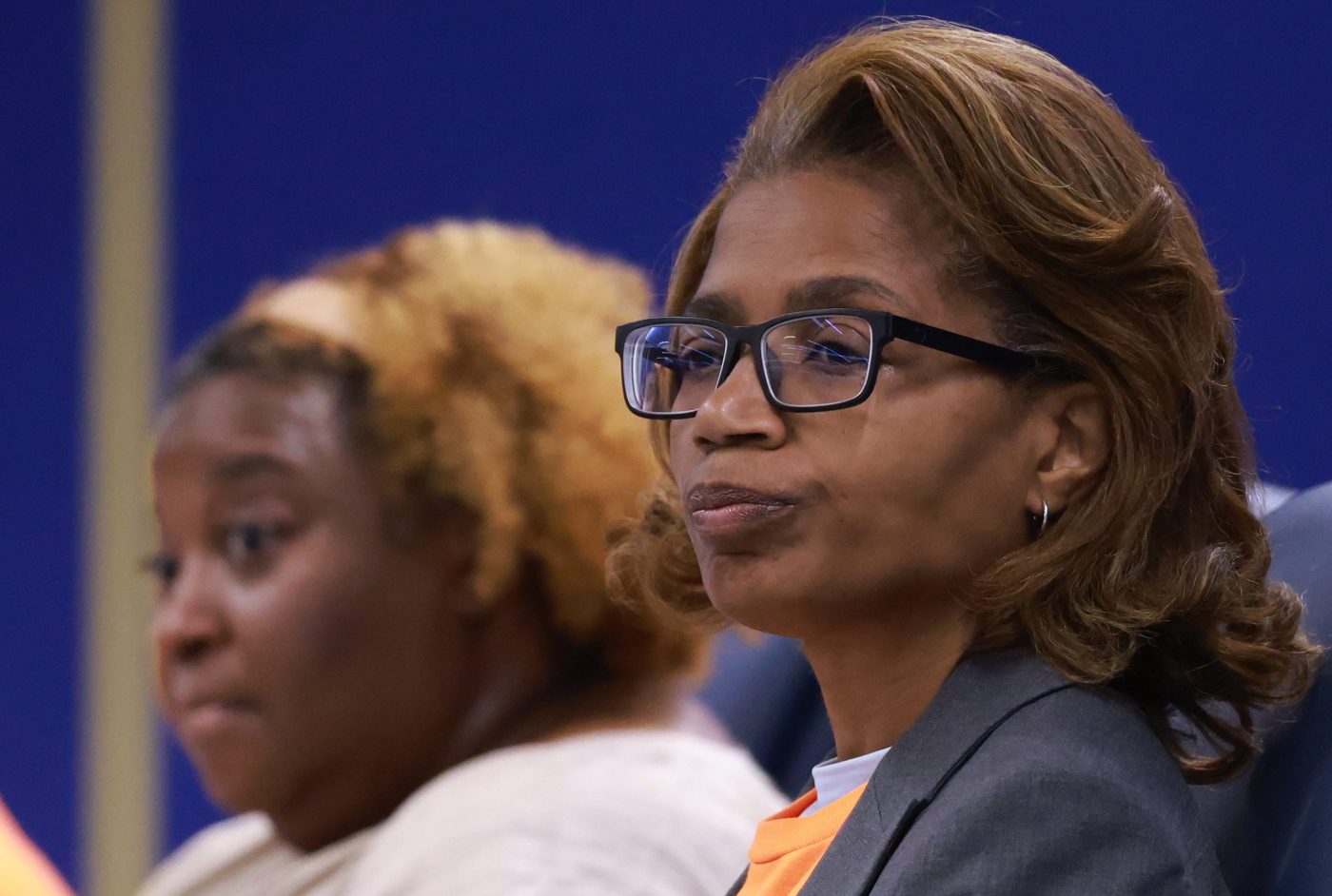Chicago Public Schools (CPS) interim CEO Macquline King has announced a budget plan that aims to maintain local school funding without exacerbating the district’s financial situation. The proposed budget, which totals $10.2 billion, comes amid ongoing pressures from the Chicago Teachers Union (CTU) and a mayor focused on union interests. While the budget is designed to be responsible under the current circumstances, it notably lacks the structural reforms necessary to prevent future fiscal crises.
The budget presentation includes several measures intended to balance the fiscal outlook for the 2026 budget. These measures feature substantial cuts to administrative costs, including $126 million in reductions to central office budgets, a hiring freeze, and the postponement of IT projects. These savings follow a previous round of cuts amounting to $146 million.
New revenue sources also play a significant role in the budget’s framework, bringing in an additional $149 million. This includes $45 million from enhanced evidence-based funding, $25 million in projected grant carryover, and a notable $79 million increase in anticipated tax increment financing funds. Further, the budget anticipates $29 million in savings through accelerated debt refunding and incorporates one-time funding sources totaling $90 million, which includes $65 million from the debt stabilization fund and $25 million in philanthropic contributions.
One of the more controversial aspects of the budget involves deferring a $175 million payment to the municipal pension fund, effectively shifting some financial responsibility to the city. CPS will continue to receive 56% of all property revenues from city residents and businesses, while the city is expected to allocate nearly $1.1 billion in additional subsidies to the district. This includes at least $557 million from the dedicated teacher pension city property tax levy, $379 million from TIF property tax windfall, and almost $100 million for debt service on capital bonds.
Despite the budget’s efforts to address immediate concerns, CPS’s own projections suggest that budget deficits may continue to grow in the coming years, even if the property tax levy is raised to its legal cap each year. Critics, including Paul Vallas, an adviser for the Illinois Policy Institute and former CEO of CPS, argue that the claim for $1 billion in additional state funding is not substantiated by performance metrics. Although CPS spends $30,000 per student—higher than the state average—academic outcomes have not improved correspondingly.
The budget reflects an increase in staff levels that are 16% higher than in 2019, despite an 8.5% drop in student enrollment. This results in a troubling staffing ratio of one position for every seven students. Moreover, CPS allocates $100 million annually to maintain operations at approximately 20 underutilized schools, even as a significant number of students fail to meet grade-level reading standards.
In addition to the staffing inefficiencies, the district’s proposed budget suggests a shift away from student-centered funding towards a CTU-supported “Sustainable Community School Model.” This model prioritizes perceived needs over enrollment figures, raising concerns about accountability and educational standards. The district plans to increase the number of community schools from 20 to 70, despite the existing schools lagging behind district averages in key performance measures.
While Macquline King is navigating a challenging landscape, ongoing pressures from union contracts and CTU-driven policies continue to escalate costs and limit educational choices. The budget prioritizes CTU interests, which may undermine necessary reforms and efficiencies essential for the betterment of Chicago’s students. As the district looks ahead, the question remains: how will CPS effectively address future financial shortfalls?










